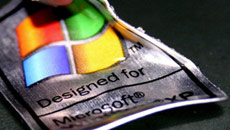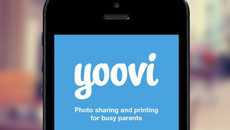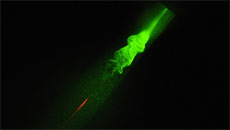In a ray of hope for glaucoma patients, engineers have designed a first of its kind electronic sensor that can be placed permanently in a person's eye to track changes in eye pressure.
The sensor would be embedded with an artificial lens during cataract surgery.
It would detect eye pressure changes instantaneously and transmit the data wirelessly using radio frequency waves, researchers from University of Washington revealed.
"If you can fit this sensor into an intraocular lens implant during cataract surgery, it will not require any further surgery for patients," said Karl Bohringer, professor of electrical engineering and bioengineering at University of Washington.
The research team looked to find an easy way to measure eye pressure for management of glaucoma, a group of diseases that damage the eye's optic nerve and can cause blindness.
The team built a prototype that uses radio frequency for wireless power and data transfer.
A thin, circular antenna spans the perimeter of the device - roughly tracing a person's iris - and harnesses enough energy from the surrounding field to power a small pressure sensor chip.
The chip communicates with a close-by receiver about any shifts in frequency, which signify a change in pressure.
Actual pressure is then calculated and those changes are tracked and recorded in real-time.
"The chip's processing mechanism is actually very simple, leaving the computational heavy lifting to the nearby receiver, which could be a handheld device or possibly built into a smartphone," Bohringer explained.
If ophthalmologists could insert a pressure monitoring system in the eye with an artificial lens during cataract surgery, that could save patients from a second surgery and make their replacement lens "smarter" and more functional.
The team is now working on downscaling the prototype to be tested in an actual artificial lens, said the study published in the Journal of Micromechanics and Microengineering.





